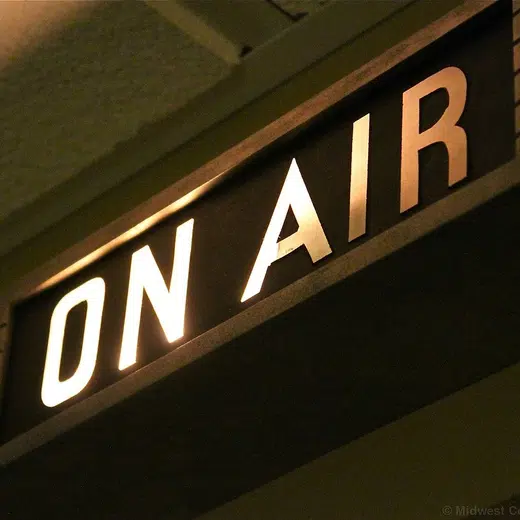By Kristina Cooke, Mica Rosenberg and Ted Hesson
SAN FRANCISCO (Reuters) – The United States has begun rolling out a new system to identify and admit the most vulnerable migrants at ports of entry along the U.S.-Mexico border, according to three people briefed on the matter.
The new system, which started at the port of entry in El Paso, Texas, this week, creates a more formal process that allows pre-screened asylum seekers to enter the United States on humanitarian grounds, despite a broad policy of expulsions at the border.
The expulsion policy was put in place under former Republican President Donald Trump in March 2020 citing public health concerns amid the COVID-19 pandemic. President Joe Biden has not revoked it.
By next week, the effort to streamline exemptions is expected to expand to other Texas ports in Brownsville, Laredo and Hidalgo, as well as in Nogales, Arizona, U.S. officials said on a call with advocates on Wednesday, according to two people familiar with the discussion.
As of Wednesday, roughly two dozen migrants had been admitted through the program, the two sources said, and the number of people allowed to enter going forward will depend on capacity to safely process them at the ports. The numbers will likely be limited, however, because of the non-profit groups’ capacity to screen migrants who might be eligible.
The move illustrates the struggle Biden is facing – while his administration is declaring the southern border closed to hopeful migrants, the number of apprehensions https://graphics.reuters.com/USA-IMMIGRATION/BORDER/xklpyoalapg has reached a 20-year high. Border patrol picked up nearly 170,000 migrants between ports of entry in March and made a similar number of arrests in April, according to two people briefed on preliminary figures.
Migrant advocates have pressured Biden to do more to allow in asylum seekers to submit asylum claims.
The new process tasks a handful of non-profits working in Mexico with identifying and referring the neediest asylum seekers to U.S. officials, including those with medical issues, the people briefed on the matter said.
Migrants who have experienced long periods of displacement, sexual minorities and victims of crime, trafficking and sexual violence will also be among those considered for the program.
Those approved through the process will be given COVID-19 tests and a date and time to go to a port of entry. They will be released into the United States and given a notice to appear in immigration court to present their asylum claims.
A State Department spokesperson said on Wednesday that the “border remains closed” but that the government was working to streamline the system to identify and lawfully process “particularly vulnerable individuals who warrant humanitarian exception under the order.”
A spokeswoman for the United Nations High Commissioner for Refugees (UNHCR) said the United States requested the agency channel U.S. funds to the non-profit groups involved.
EXPULSIONS CONTINUE
Biden early on in his presidency exempted unaccompanied children from the Trump-era expulsions order, issued by the U.S. Centers for Disease Control and Prevention (CDC) and known as Title 42. But his administration has continued to expel tens of thousands of single adults and some families.
The expulsions have left many migrants stranded in dangerous border cities in Mexico. Since Biden took office, the non-profit group Human Rights First has documented at least 492 violent attacks https://www.humanrightsfirst.org/sites/default/files/AttacksonAsylumSeekersStrandedinMexicoDuringBidenAdministration.pdf, including rapes and kidnappings of migrants blocked from entry under the policy.
The new system builds on admissions that have been happening in recent weeks through the American Civil Liberties Union (ACLU), one of several organizations that sued the U.S. government to end the expulsions policy.
Since late March, the ACLU has been able to get up to 35 families per day admitted at ports of entry along the border and expects to continue its process in parallel with efforts from other non-profit groups.
Advocates, however, say they are dismayed that Biden has left the border expulsion policy in place, even with exceptions, arguing that it cuts off access to the U.S. asylum process.
“It’s just a continuation of a process that’s illegal at the end of the day,” said Eleanor Acer, senior director of refugee protection with Human Rights First.
(Reporting by Kristina Cooke in San Francisco and Mica Rosenberg in New York and Ted Hesson in Washington D.C., editing by Ross Colvin and Aurora Ellis)




